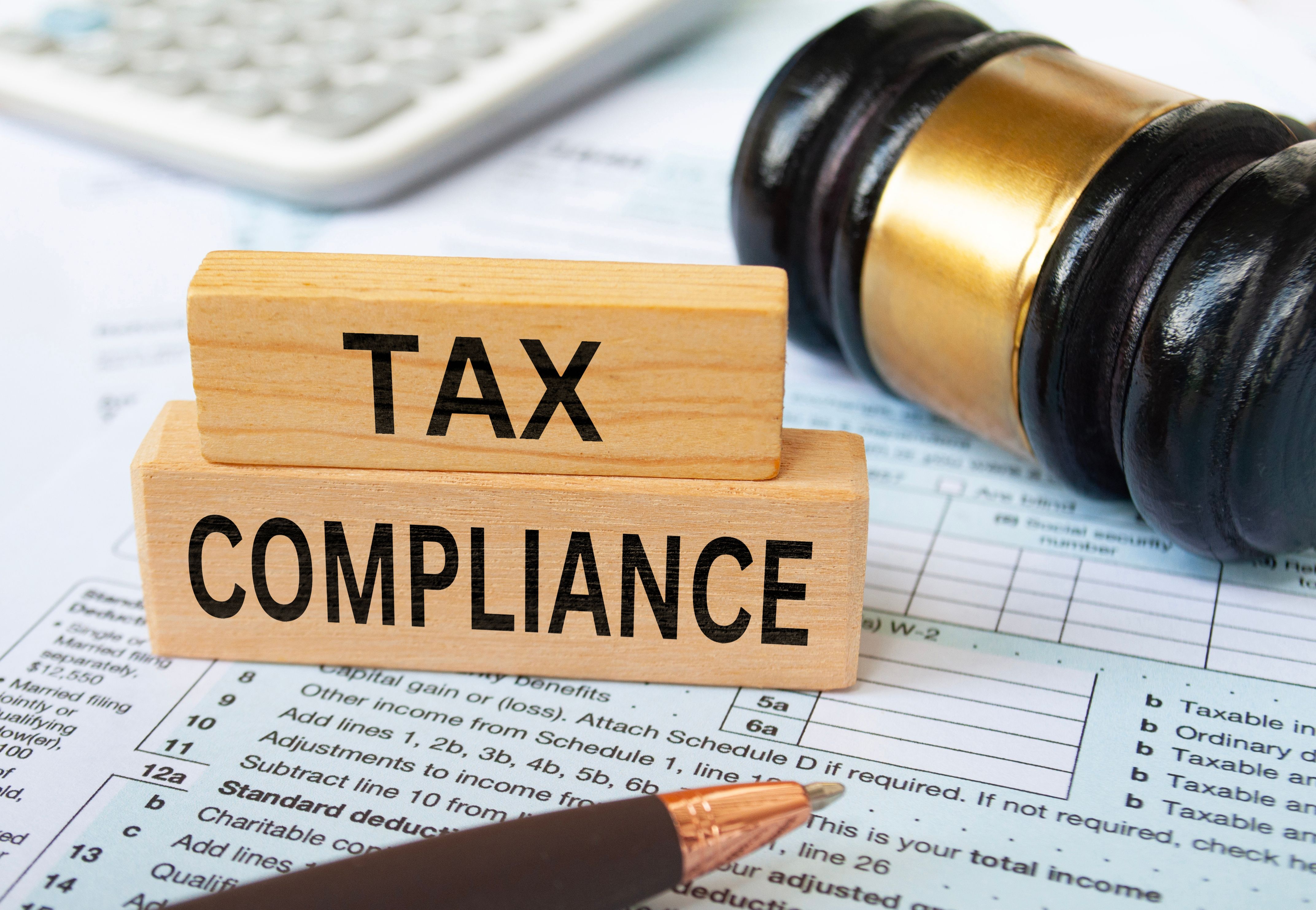New South Korean Crypto Tax Rules: What You Need to Know for 2025
Understanding South Korea's New Crypto Tax Regulations
As we approach 2025, South Korea is set to implement new cryptocurrency tax regulations that could significantly impact investors and traders. These changes reflect the government's efforts to regulate the rapidly growing digital asset market while ensuring fair taxation practices. Understanding these changes is crucial for anyone involved in crypto trading within the country.

Key Tax Changes for Cryptocurrency in 2025
The most notable change in South Korea's crypto tax policy is the introduction of a 20% capital gains tax on cryptocurrency profits exceeding 2.5 million KRW (approximately $2,100) per year. This means that any earnings above this threshold from activities such as trading, mining, or staking will be subject to taxation.
Additionally, the government plans to classify cryptocurrencies as "other income," similar to how they categorize gambling or lottery winnings. This classification aims to streamline the tax process and ensure consistent reporting and compliance across various income sources.
Tax Reporting and Compliance Requirements
Crypto investors and traders will be required to report their earnings via an annual tax return. The government emphasizes the need for transparency and accurate reporting, with stringent penalties for non-compliance. Failure to report cryptocurrency income correctly could result in fines or even criminal charges, making compliance more critical than ever.

To assist taxpayers, the South Korean government is developing a comprehensive framework for tracking transactions on cryptocurrency exchanges. This initiative will help ensure that all taxable activities are captured and reported accurately, promoting a fair tax environment for everyone involved.
Impact on the Cryptocurrency Market
The introduction of these tax regulations may have several implications for the crypto market in South Korea. Some investors might reconsider their investment strategies due to the additional tax burden, while others may explore tax planning options to optimize their portfolios. Despite these challenges, the regulations are expected to enhance legitimacy and stability within the market.
Moreover, crypto exchanges and service providers will likely need to update their systems and processes to comply with the new regulations, potentially leading to increased costs of operation. However, this could also foster innovation as businesses seek more efficient ways to manage compliance requirements.

Preparing for the Upcoming Changes
For those involved in the cryptocurrency space, staying informed and proactive is essential. Here are some steps to prepare:
- Keep detailed records: Maintain accurate documentation of all crypto transactions, including dates, amounts, and purposes.
- Seek professional advice: Consult with tax professionals familiar with cryptocurrency taxation to ensure compliance and optimize your tax strategy.
- Stay updated: Follow news and updates regarding any changes or clarifications to the regulations as 2025 approaches.
By taking these precautions, individuals and businesses can navigate the new tax landscape more effectively, minimizing potential risks associated with non-compliance.
Conclusion
South Korea's new cryptocurrency tax rules mark a significant shift in how digital assets are regulated and taxed. While these changes may present challenges for some investors, they also offer opportunities to enhance transparency and stability in the burgeoning crypto market. Staying informed and prepared will be key to successfully adapting to this new regulatory environment as we move toward 2025.
